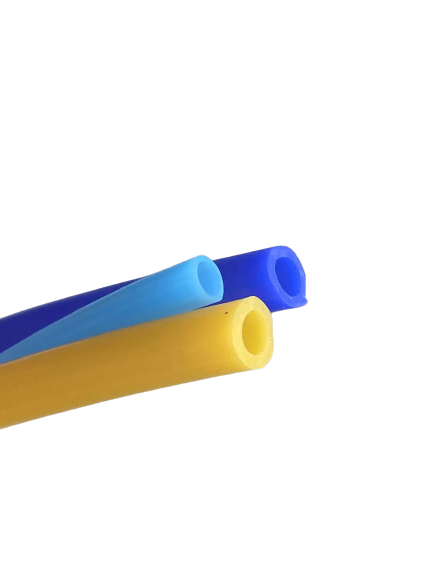Out . 16, 2024 10:47 Back to list
Automotive Sealing Solutions for Weather Resistance and Enhanced Vehicle Performance
The Importance of Automotive Weather Seals
In the automotive industry, every component plays a crucial role in the overall performance, safety, and comfort of a vehicle. One often overlooked but vital component is the weather seal. Automotive weather seals are essential for maintaining a car's integrity and enhancing the driving experience. This article aims to elaborate on the functionality, significance, and advancements in automotive weather seals.
What Are Automotive Weather Seals?
Weather seals, also known as weatherstripping, are typically made from foam, rubber, or vinyl materials. Their primary function is to protect the interior of the vehicle from environmental factors such as water, dust, and air leaks. Common applications include door seals, window seals, trunk seals, and hood seals. Properly installed and maintained weather seals contribute significantly to a car's insulation and overall performance.
Functions of Weather Seals
1. Water Resistance One of the primary roles of automotive weather seals is to prevent water from entering the vehicle. Rain and snow can find their way into the cabin if seals are compromised, leading to interior damage and mold growth. Good weather seals provide a barrier against these elements, ensuring the vehicle remains dry and comfortable.
2. Dust and Debris Prevention Weather seals also prevent dirt and debris from infiltrating the vehicle. This is particularly important for off-road vehicles or those driven in urban environments, where dust can accumulate rapidly.
3. Noise Insulation Weather seals contribute to a quieter ride by minimizing external noise. They absorb sound waves and vibrations from outside the vehicle, making the driving experience more enjoyable. This is especially crucial for luxury vehicles, where comfort and tranquility are priorities.
automotive weather seal

4. Energy Efficiency Properly functioning weather seals help maintain the vehicle’s cabin temperature. When seals are damaged or worn out, hot or cold air can escape, leading to increased energy consumption for heating or cooling. This inefficiency can put additional strain on the vehicle's cooling system, resulting in higher fuel or electricity consumption.
Advancements in Weather Seal Technology
Increasingly, automotive manufacturers are focusing on improving the quality and performance of weather seals. Innovations in materials and manufacturing processes have led to the development of seals that are not only more durable but also more environmentally friendly. For instance, the use of recyclable materials can significantly reduce the ecological footprint of vehicles.
Additionally, advancements in sealing technology have resulted in weather seals that can expand and contract with temperature changes, ensuring a tighter seal in various conditions. Improved adhesive technologies also enhance seal longevity, reducing the need for replacements and repairs throughout the vehicle’s lifespan.
Maintenance of Weather Seals
To ensure the longevity of weather seals, regular maintenance is paramount. Drivers should periodically check for any signs of wear, such as cracks, tears, or distortion. Cleaning the seals with a mild soap and water solution can help maintain their flexibility and prevent the buildup of grime. If seals show significant signs of deterioration, it’s advisable to replace them promptly to maintain the vehicle's integrity.
Conclusion
In conclusion, automotive weather seals may not be the most glamorous components of a vehicle, but their importance cannot be overstated. They play an integral role in protecting passengers from external elements, enhancing comfort, and improving energy efficiency. As technology advances, the quality of weather seals continues to improve, ensuring that vehicles can withstand the test of time and environmental challenges. Regular maintenance and timely replacement of worn seals can prolong the life of a vehicle and improve the overall driving experience. Investing in high-quality weather sealing is not just a smart decision; it is essential for any vehicle owner committed to maintaining their automobile’s safety and efficiency.




